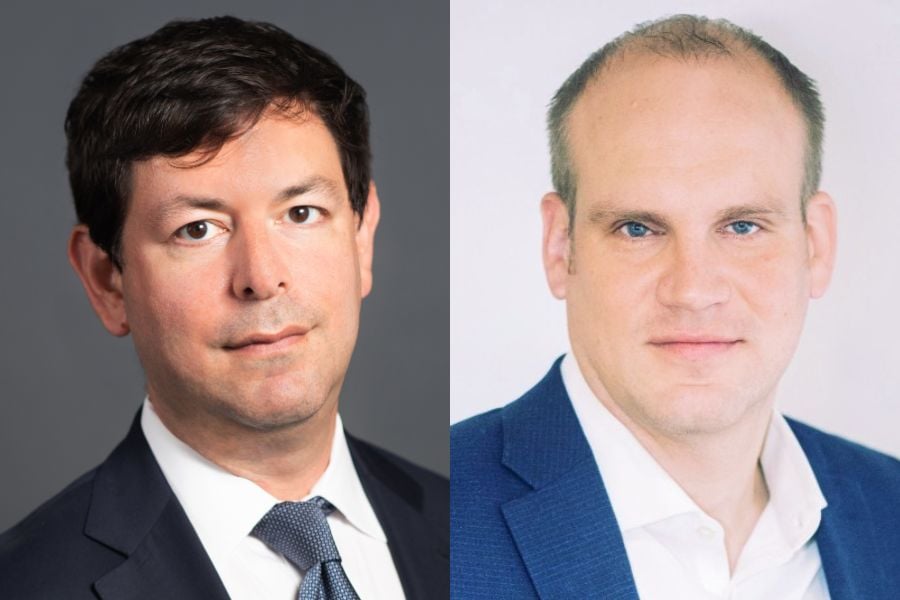

As the curtain closes on 2023, advisors are looking ahead and several offered insights on what trends are expected to lead the way in the new year — and what could make or break their business.
Scott Reddel, managing director at Accenture, says there's a lot of churn in terms of what's shaping the industry now and what clients are grappling with. One of the bigger and more important trends facing the industry is the intergenerational transfer of wealth.
“A lot of our clients are feeling like, ‘OK, we've not really been successful. So we need to be trying new things,’” Reddel says. “We’re rethinking how they're going about driving that growth and the transfer is critically important. Longevity, and just the shift in life path, is one thing we really anchor on because it reframes what these generations are wanting from a firm in terms of advice.
“One really effective hook we're seeing clients do is how do you serve as sort of that aging generation and the next generation at the same time with integrated offerings?” he added.
In the coming years, up-and-coming advisors are going to be much more diverse in a variety of ways, Reddel said, and thinking how advisors can partner with the right type of clients is critically important — a model that was once considered the norm but is now ebbing away.
“To be a successful advisor, the ability to partner with a broader set of stakeholders to service and advice relationship is really important,” he said. “For a lot of our clients, partnering the advisor with product specialists and trust professionals earlier in that lifecycle of the sales is becoming quite common.”
Reddel also expects an efficiency play with generative AI to be an ongoing trend throughout the new year.
For Wealth Enhancement Group, last year was a successful one, in which it did 18 acquisitions. It hopes to keep the momentum going in 2024.
“We’ll continue to find firms that are good fits for us when it comes to culture,” said Jim Cahn, chief investment officer and business development officer at the $71 billion AUM RIA. “We want firms that are highly client-centric and referable to a family member, they have to put financial planning first and they have to want to grow. It's very difficult to find firms that meet all three tasks.
“We won't do deals just to do deals,” he added. “Our goal is to continue on the same path that we've been for the last three years in terms of overall volume, but we won't force it if we can't find the right fit.”
While acquisitions can certainly help grow a firm’s assets, they’re not meant to be “the means to an end.”
“The focus should really be on organic growth in this industry and who's driving clients to their business with their value proposition,” Cahn said. “A lot of our initiatives are about building our processes, services and digitization of existing processes so that we can deliver more value to our clients less expensively.
“If we can do that, we can win more clients and we can also win more transactions," he said. "That's at the heart of what we want to do in 2024.”

From outstanding individuals to innovative organizations, find out who made the final shortlist for top honors at the IN awards, now in its second year.

Cresset's Susie Cranston is expecting an economic recession, but says her $65 billion RIA sees "great opportunity" to keep investing in a down market.

“There’s a big pull to alternative investments right now because of volatility of the stock market,” Kevin Gannon, CEO of Robert A. Stanger & Co., said.

Sellers shift focus: It's not about succession anymore.

Platform being adopted by independent-minded advisors who see insurance as a core pillar of their business.
RIAs face rising regulatory pressure in 2025. Forward-looking firms are responding with embedded technology, not more paperwork.
As inheritances are set to reshape client portfolios and next-gen heirs demand digital-first experiences, firms are retooling their wealth tech stacks and succession models in real time.
